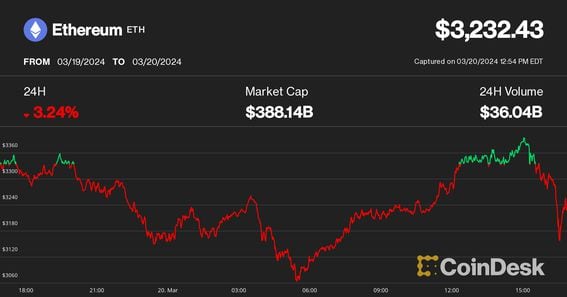The Capital Market Authority (CMA) of Oman is finalizing a comprehensive framework to regulate digital assets and virtual asset service providers (VASPs) in the country.
The CMA recently published a consultation paper outlining key aspects of the proposed regulations. The framework aims to provide a platform for digital asset issuance and investment while mitigating risks.
Key areas covered include licensing requirements, minimum capital requirements for VASPs, secure custody of digital assets, and disclosure rules around token issuance. The CMA is seeking feedback from industry stakeholders on issues like required audits for token issuers and the use of privacy coins.
Responses to the consultation paper are due by August 17th. The input will help shape the CMA’s final policy.
Oman’s progress on digital asset regulation comes as adoption grows in the Middle East, led by the United Arab Emirates. However, risks around anti-money laundering and terrorist financing have slowed the embrace of cryptocurrencies.
Regional outlook on digital asset adoption
While Oman moves forward with crafting regulations, its neighbors in the region are taking a varied approach to digital assets.
The UAE has been the most proactive in the Middle East in developing a regulatory framework and promoting blockchain technology. It has attracted many virtual asset companies and aspires to be a global crypto hub.
Saudi Arabia has also shown support through partnerships between government entities and crypto exchanges. However, Qatar and other countries are proceeding cautiously.
Qatar recently received criticism from the Financial Action Task Force over gaps in its digital currency supervision and enforcement of anti-money laundering controls.
Oman’s measured approach
Oman appears to be taking a more measured approach as it finalizes its new digital asset regulations. The CMA’s work dates back to 2020, when it first considered digital asset legislation. At the time, banning cryptocurrencies altogether was also discussed.
If implemented, the new framework would provide legal clarity for digital token issuance and trading in Oman. The regulations aim to balance innovation in the sector with risk management.
By crafting comprehensive legislation, Oman could emerge as a welcoming destination for virtual asset companies in the Middle East. With thorough oversight of the industry, the country hopes to reap the benefits of digital asset adoption.
The CMA consultation paper represents significant progress. But it remains to be seen how emerging digital asset regulations will be enacted and enforced.





